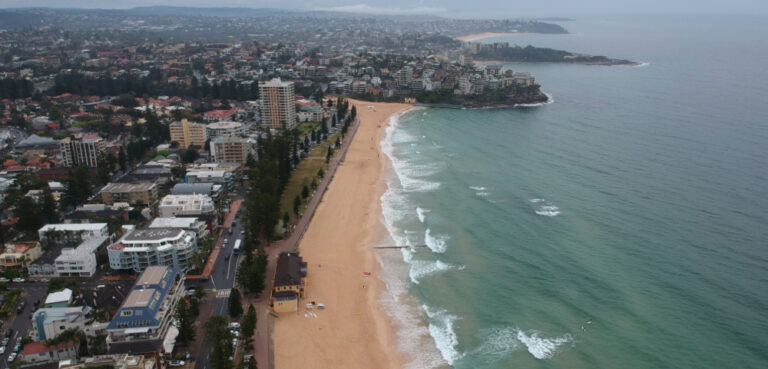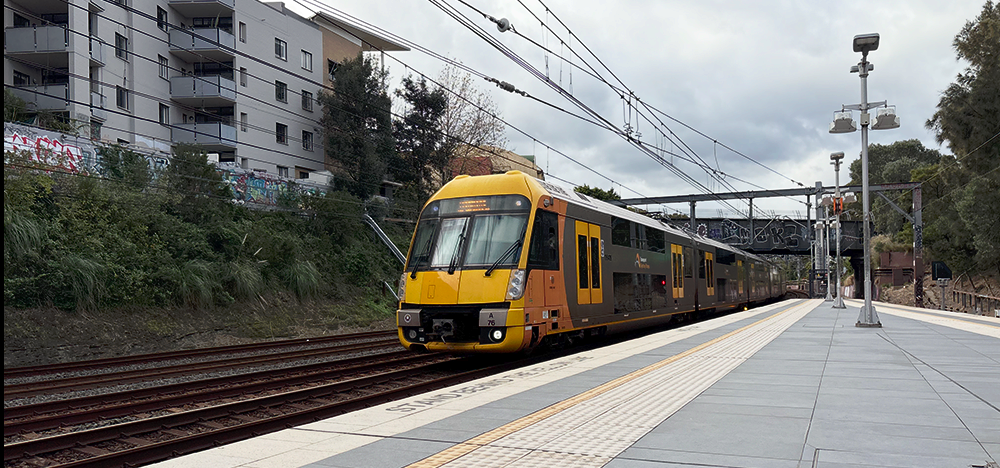
Snapshots from the decline of the oil age

“By Wednesday afternoon, June 26, traffic in Cairo went from a gridlock of cars jammed around gas stations to eerily empty as the gas shortage discouraged drivers from going out. By Thursday, traffic jams were again at their worst, with people complaining of commutes taking hours. Worried about escalating tensions with the gas shortage hitting the country before protests planned for June 30, many offices have been letting their employees stay home in preceding days.”
That’s from Middle-East news website al-Monitor, on June 27.
And then everything spun out of control and the Egyptian army swept the short-lived Morsi Government into the wheelie bin of history.
Egypt’s oil production peaked 20 years ago and has been in decline ever since, except that around 2004, there was a slight uptick in production through the use of expensive fracking techniques. The production graph then ran flat until 2012 but it was never going to be enough to save the Mubarak Government from the disaster that exploded around it when, about 2009, petrol consumption exceeded production. This year, petroleum subsidies were expected to eat up 15 per cent of public expenditure.
By 2012, the Egyptian Government was something like $7 billion behind in its payments to oil and natural gas producing companies for deliveries to the state-owned Egypt General Petroleum Corporation. Egyptian society had become totally dependent on subsidised petrol and gas which the government was buying at international prices. In 1960 the population of Egypt was 29 million – it’s now 83 million. In effect, population increase has eaten up the natural advantage Egypt should have derived from sitting on its own oil supply.
This month, the Morsi Government was to have introduced a new fuel rationing system. The idea was to issue smart cards allowing the purchase, at the subsidised price, of 1,800 litres of fuel annually, but only to vehicles with an engine capacity of 1,600cc or smaller. If your engine size was bigger or you exceeded the quota, you’d have to purchase at the non-subsidised rate. And all this was to set Egypt up for an emergency loan of just $4.8 billion from the International Monetary Fund when the fuel subsidy this year is expected to be around $18 billion – desperation on the cusp of madness.
As Egypt exploded, halfway round the world, the little Canadian resort town of Lac Megantic paid the price of the increasingly irresponsible rush to claw the last of the oil and gas out of a reluctant planet at an escalating economic, environmental and human cost, when a Canada-bound trainload of crude oil derailed. Those 70-odd rail trucks of crude – each truck carrying the equivalent of 700 barrels for a total of 50,000 barrels of oil – were on their way from North Dakota’s Bakken shale oil deposits to Canada’s largest refinery at Saint John, New Brunswick.
Such is the destruction at the epicentre of incident that we may never know what caused the accident. Whole truckloads of crude appear to have cooked-off in a series of massive explosions that obliterated the commercial centre of the little town.
Shale oil, and the crude being won from small, quickly-depleted pockets all over US are desperate, dirty, expensive, last-ditch solutions. Crude oil that once travelled by pipeline from huge long-lasting oil fields to the refineries is now travelling by train, and even truck, from smaller, more scattered sources. Put simply, the scattered sources will never justify the investment in thousands of kilometres of pipelines to the refineries or export ports, hence the resort to nasty, expensive, ad-hoc solutions.
In Oz, of course, we’re protected from all these problems, right? We’ll just export shitloads of Greenhouse gas producing coal and that’ll insulate us from the oil crisis … right, right?
Horrible, stupid, immoral, but sadly wrong. I filled up at a popular servo on the Princes Highway the other day and paid $1.70 for 95 octane. Even the pointless E10 was $1.57. That’s a jump of 30 cents in a few short months.
And of course our domestic sources of crude have long been in decline. Production peaked in 2001 and we’re now back to the level of 1981. All our major overseas suppliers are also in decline.
So the energy crisis and its solutions (none of them easy, of course) is going to be a major issue at the forthcoming federal elections, Right?
Wrong. Neither Rudd nor Abbott is going to make the energy crisis an issue. Both the major parties are promising money for multi-billion dollar motorways like WestConnex and, even more ridiculously, a second Sydney airport. Tragic but true.









